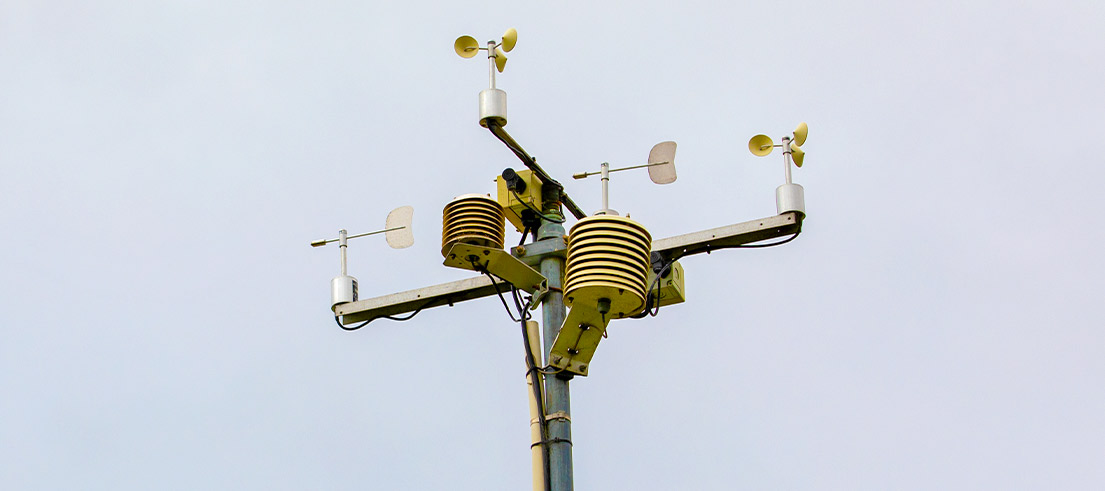
Report shows importance of reducing emissions for better air quality
A recent report shows how air quality impacts the health of New Zealanders, especially the young, elderly, asthmatics and people with pre-existing heart or lung disease.
The third Health and Air Pollution in New Zealand report, ‘HAPINZ 3.0’ uses air quality data from 2016 and focuses on the levels of two pollutants generated by human activity; wood for home heating and vehicle emissions.
Regional Councillor Peter Scott says Environment Canterbury welcomes the HAPINZ 3.0 report and significant work has been done over the past decade to improve the region’s air quality.
“Good air quality is fundamental to our well-being and significant work has been done by our community over the past decade to improve our region’s air quality.
“Our long-term monitoring results show if we change our behaviours, we can really make a noticeable impact. In Christchurch the city went from more than 40 air quality exceedances a year, to just a handful thanks to the community changing the way they heat their homes.”
Reducing emissions from home heating
We monitor air quality in eight areas in the region. As the report notes, in Canterbury, PM2.5 emissions (particles of 2.5 micrometres or smaller) have reduced over the last 20 years, as Cantabrians have switched to cleaner home heating.
Since 2016, annual average PM2.5 concentrations have reduced by a further 10% and 30% at monitoring sites around Canterbury.
We are continuing to encourage further reductions through ensuring only authorised, low emission and ultra-low emission burners are installed and promoting the use of better burning techniques.
Monitoring and minimising vehicle emissions
Vehicle emissions are one of the main contributors to nitrogen dioxide (NO2) in the air. We have recently set up a pilot study in Timaru to monitor levels of NO2 at locations across the city.
Our Regional Transport Committee has commissioned research into transport emissions reduction solutions, our current approach to minimise transport emissions include making public transport more affordable and accessible, moving more freight by rail, and transitioning the fleet to electric or low-emission vehicles.
“There is still more to do to improve air quality to reduce the significant harm poor air quality can have on our health, economy, environment, and well-being.
“If everyone plays their part by doing things like using clean heating, reducing outdoor burning, cutting our transport emissions, and reporting pollution events to councils, I’m confident we will see a reduction in the health impacts of poor air quality across Canterbury,” says Councillor Scott.
More information
Health and air pollution in New Zealand 2016 (HAPINZ 3.0): Findings and implications
